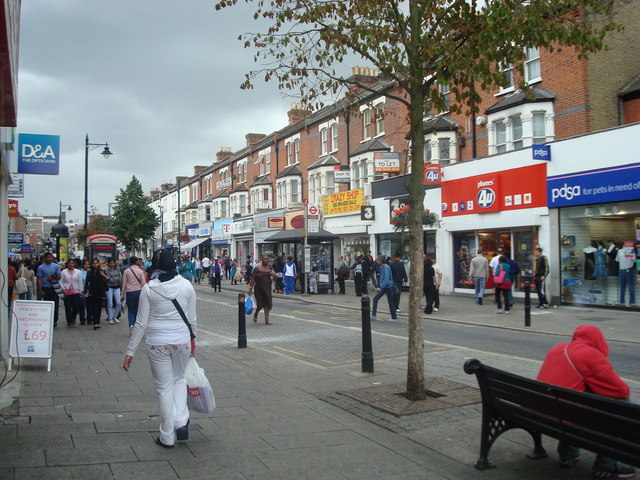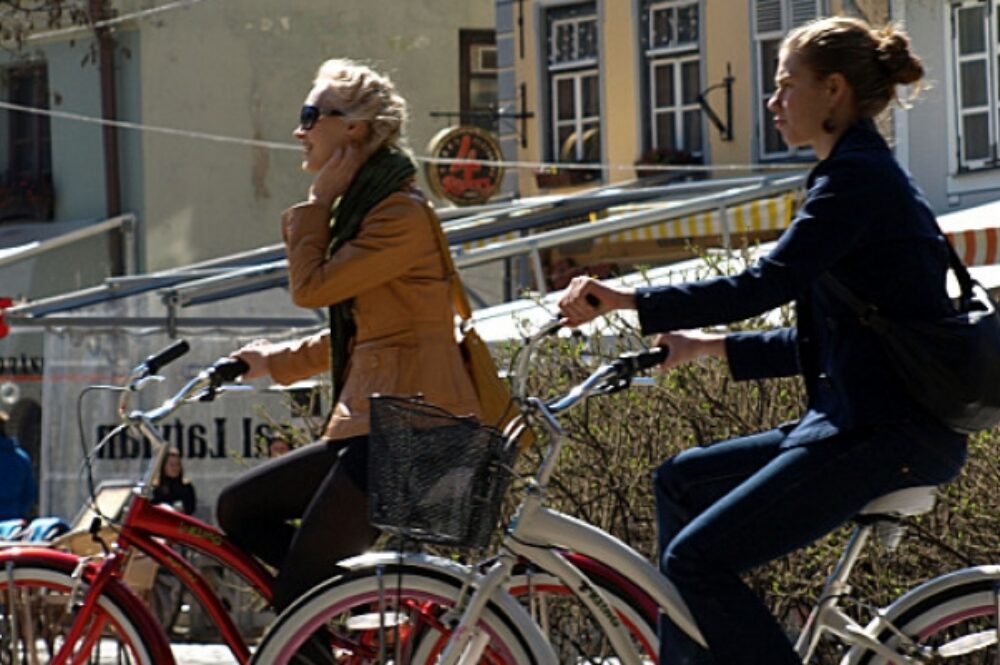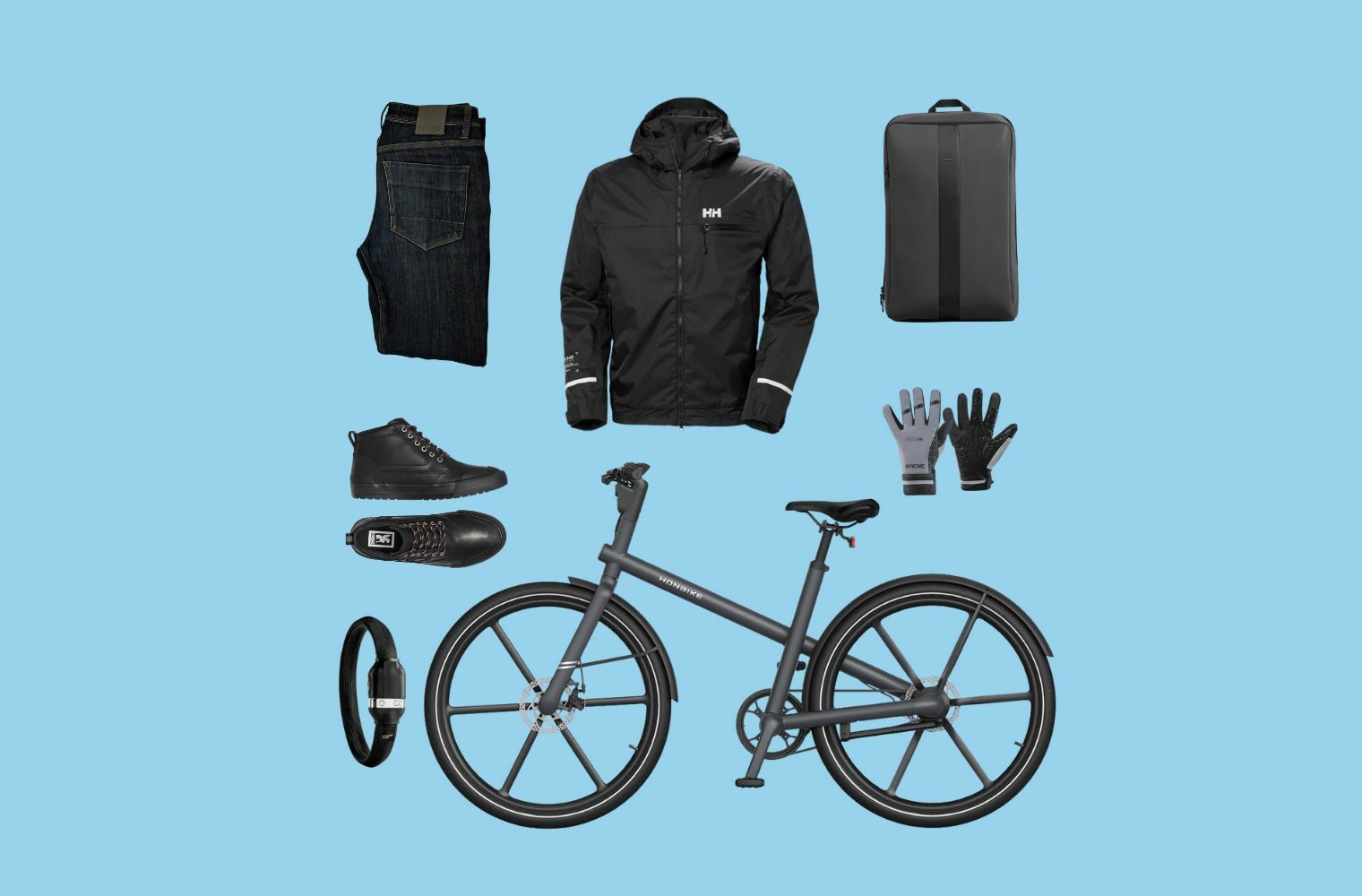This post may contain affiliate links, which help to keep Discerning Cyclist rolling. Learn more.

We all know the many reasons why cycling is great for your health. To name only a few positives, it keeps you fit, improves your mental wellbeing, increases your stamina and strength.
But getting out on the bike on a regular basis can also be just as advantageous from an economical aspect, too.
For one thing, it’s not cars that drive business – it’s pedestrians and bikes.
More pedestrians and cyclists passing by shops will, of course, increase sales for businesses simply due to a higher footfall.
By comparison, most cars will just drive past and not afford drivers the chance to notice them, as well as the added potential difficulty of parking; as long as there’s somewhere secure to lock their bike, cyclists will find it far easier and take up much less room doing so, of course. People are also more likely to gravitate towards pedestrianised areas than around busy roads, too.
For evidence of all of this, look at the research published in November 2018 by Transport for London (TfL), which found that making it cycling and walking easier around the English capital filled more retail space, causing a 17 per cent decline in empty shops and a 93 per cent increase in walkers on the streets.
The study also found that people walking, cycling and using public transport spent 40 per cent more in their nearby shops than car drivers. Footfall, meanwhile, increased in the streets by 93 per cent, and activity in the streets (e.g. going to the shops, stopping at a café, etc.) surged by 216 per cent.

Clearly, then, not only does giving greater priority to cycling help improve quality of life, but it also helps stimulate the economy, too. And for that reason, governments and councils should plan around people, not cars.
According to Cycling UK, if the use of bicycles were to increase from less than 2 per cent of all journeys currently to 10 per cent by 2025 and 25 per cent by 2050, that would be worth £248 billion between 2015 and 2050 for England.
The ban on new diesel and petrol cars in the UK from 2040 will certainly help too, but that’s an unbelievably huge financial gain to turn your nose up at. Certainly, when compared with the alternatives, which could be continual increase in congestion, a quicker burn-out of fossil fuels and a less positive state of public health, authorities doing more to encourage cycling seems an obvious and logical step.
Consider also the findings published in 2016 by GOV.UK, which found a number of possible economic benefits from cycling.
Firstly, economic growth could stem from high-density, cycle-friendly urban design. Fairly obviously, as alluded to before, if the roads are not tailored to cyclists’ needs as much as they are for drivers, it will deter them from riding their bikes on them. The more accommodating the roads can be for those cycling, the likelier the chances of enhancing the economy.

Secondly, it would likely mean that the costs of infrastructure maintenance would decrease. As mentioned earlier, bikes would need less space for parking than cars, and maintaining the state of the roads would be infinitely easier if there were considerably less people driving on them.
What’s more, cycle parking allows for five times the amount of retail spend than the same space for parking cars, and cycle-friendly neighbourhoods can also enjoy greater retail spend. Again, then, not only would better facilities for cyclists save money in one sense, but also cause more it to change hands in another.
In essence, it’s an extremely simple premise. If the government and councils were to give greater priority to cyclists as opposed to drivers, through an increased number of bike lanes, parking and cycle paths, for instance, then the business would surely increase in prosperity.
And a healthier environment can only mean a happier economy.











